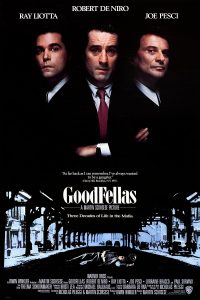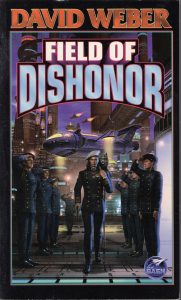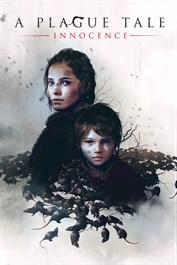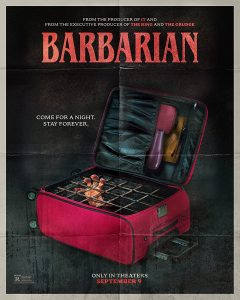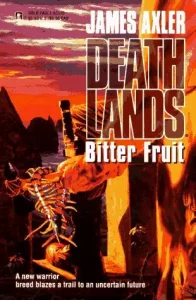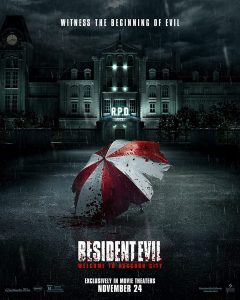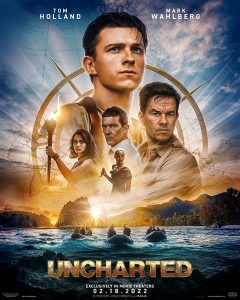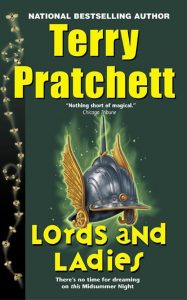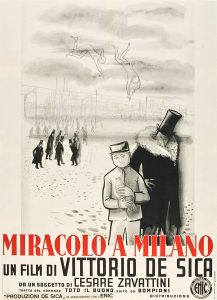 The theme for week three of the letterboxd dot com challenge was Italian Neorealism. For the uninitiated (which includes me, for example), that is a specific period in post-war Italian cinema that focuses on reality and daily life stories with no heroes. So from the list available, we picked Miracle in Milan, which is pretty much the opposite of those things? I may have done a bad job.
The theme for week three of the letterboxd dot com challenge was Italian Neorealism. For the uninitiated (which includes me, for example), that is a specific period in post-war Italian cinema that focuses on reality and daily life stories with no heroes. So from the list available, we picked Miracle in Milan, which is pretty much the opposite of those things? I may have done a bad job.
It is also worth noting that, wait, why is it so far past your week two review? The answer is, haha, we’ve been sick and got behind. Hoping to catch up over a few days? We’ll see!
So anyway, this movie is weird[1]. Like really weird. There’s this kid, Totò, who after experiencing a bizarre childhood punctuated by a cabbage patch adoption and multiplication tables, comes out of the orphanage as a relentlessly cheerful and giving adult who immediately finds himself in a homeless encampment[2], and proceeds to organize it into a pretty cozy and happy shantytown. (I haven’t yet gotten to where the movie is especially weird, to be clear, but saying more would go deep into spoiler towne, whose inhabitants are far less cheerful a bunch than these were.)
I guess the neorealism part is in the characters themselves rather than the plot, which shortly after I ended my synopsis above (about 15 minutes into a 90 minute movie) goes so far off the rails my metaphor is impossible to complete, but the words “wishing dove” and “timely to modern eyes class warfare” are involved, as are the words “ghostly top hat stampede”. But the characters, I was saying, the characters have a lot of daily life reality. There’s the rich family that has fallen on hard times but still has a nanny (also now homeless, natch), who spends most of their time in the shantytown trying to bilk lire from the populace. There’s the really grumpy outsider guy who keeps getting in fights with everyone else. There’s the black man and white women who arrived at the same time and are clearly mutually interested, but who keep staying away from each other because I guess Italy also had miscegenation laws?[3]
And there are more. What I guess I am impressed by, as an avowed watcher of movies that would not want to be called films, is how many of the characters in a cast of hundreds were, okay, not fully realized, but at least memorable. I’m not sure if that’s just difficult to accomplish in more plot-centric movies, or if we’ve lost something along the way, but I bet it’s some of both.
All the same, I’m glad my entry into this subgenre of film history was as plot-dense as it was, because I’m not sure how much I would have enjoyed something that was all aimless and bleak like the description of Italian neorealism reads to me. I know I said “entry”, and while I use the term advisedly, one of the other movies we contemplated, The Bicycle Thieves, is by the same writer and director, and I can’t help being a little curious. (I mean, it will not be capital-w weird, I already know that much. But still.)
[1] Also, I never saw Life is Beautiful, but I can tell you with high confidence that `the guy who made it has this movie as one of his major influences. Seriously, look it up later and prove me right.
[2] If you see the wry humor in that, trust me, so did the filmmakers.
[3] That plotline ends in a way that would be spectacularly cringey if I were to describe it, but in its own context was both progressive and earnedly hilarious.
